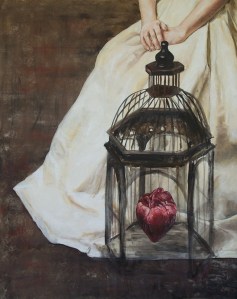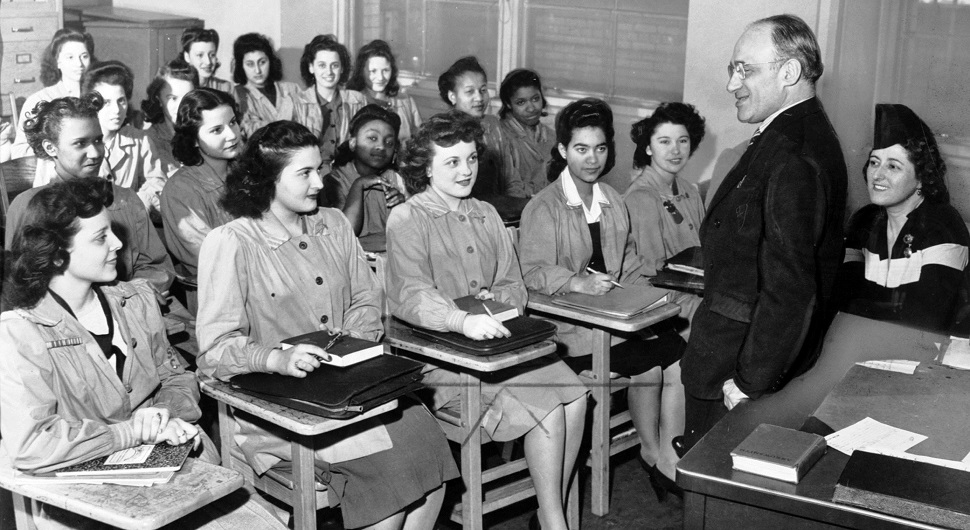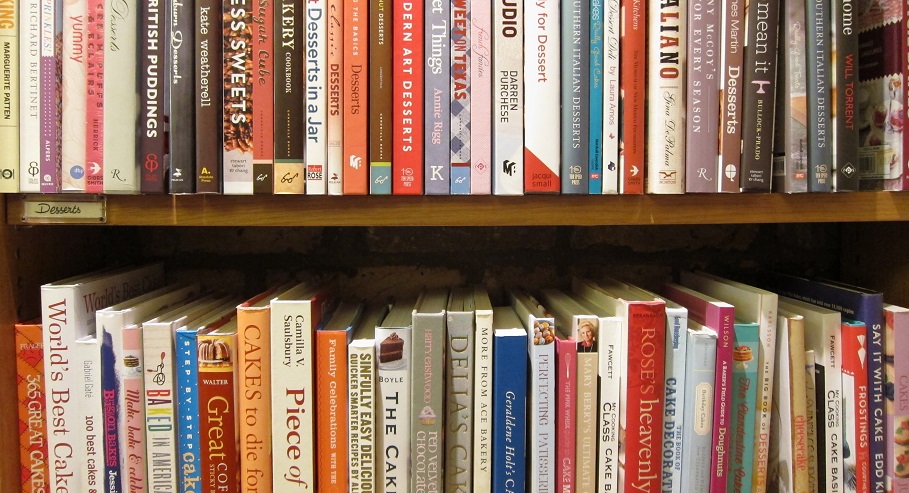When New Girl started running trailers before the pilot episode in 2011, I thought it might be a show I could get into. However, when it started, I was in the middle of my first semester of grad school, so while I caught a few episodes, I didn’t stick with it. At the time, I was actually struggling with how Zooey Deschanel was being presented in the media– she was being painted as the ultimate quirky girl– there was a Lord of the Rings reference in the first episode, and the premise for Jess’ character was that she was unique, and zany, but, in the end, absolutely adorable and someone who everyone can’t just help but love because she’s just so darn cute.
As someone who is actually a gigantic nerd, and someone who is actually bombastic and someone who is actually quirky and zany and all of the above, I can attest to the unfortunate reality that I am not so adorable that everyone just thinks I’m the greatest.
At times, the fact that I have friends who do think I’m just the greatest feels like a small miracle. My life doesn’t look anything like Jess’ character. I have that energy level, that zest for life, and guess what? It sometimes annoys the crap out of people. And when that happens, I don’t wave my arms and decry their annoyance and say “I love weddings and I’m going to dance my face off!” until everyone who was annoyed starts slow-mo chicken dancing with me. Even if I do go slow-mo chicken dance, the annoyed people don’t join me. Usually, they make fun of me, and, in my experience, I become the butt of a lot of mean-spirited jokes and I have to deal with dismissive, mocking behavior from that point forward.
So, I didn’t stick with New Girl for very long.
But, me and Handsome decided to give it another go last night.
We watched the first five episodes or so (thank you Netflix), and the whole I’m-so-spunky-don’t-you-just-love-me part of Jess’ character didn’t bother me anywhere near as much. Hardly at all, actually. I attribute that to the past three years of growth and development I’ve survived. I learned to adapt, I learned how to recognize social situations and behave appropriately, I learned how to read people enough to know when my rambunctiousness would be enjoyed and when it wouldn’t– mostly. So, maybe Jess’ character goes through some of the same development, and I’m curious to see if that happens.
This time around, something else stood out to me:
If you’re not familiar with New Girl, that is Schmidt, who is an in-general “douche with a heart of gold.” He serves a similar purpose on this show that Barney does on How I Met your Mother— he’s so disgustingly chauvinistic, you love to hate him. He’s a pig, and all of the characters on the show know it, so they exact their revenge on him in various ways (like the fact that he’s the only roommate who ever puts money into the Douchebag Jar). He’s also blinded by his arrogance and narcissism, which just helps his roommates make fun of him.
However, one of the ways that the show’s writers have decided to make fun of Schmidt is through his work environment, where he is the only man. Everyone else that he works with is a woman, and they endlessly mock him for a variety of things, only a small part of which is deserved (in the pilot episode, they’re making fun of him for wearing a pink tie).
In some ways, Schmidt’s work situation can be viewed as social commentary on how ridiculous sexism is; the writers are making it clear that the women are not making fun of Schmidt himself (like his friends do), but only of his gender, which, we viewers are supposed to automatically understand is nonsensical.
However.
I have a problem with this because reverse sexism is not a thing, in exactly the same way that reverse racism doesn’t exist. Neither of these exist because they are not possible in a white and male privileged culture. I’m not saying that women can’t objectify men, because they can and they do (which New Girl shows when Schmidt’s Santa costume leaves his chest completely bare). I’m also not saying that people of color can’t treat white people badly in a stereotypical and negative way. These things happen.
However, these behaviors are not racism and sexism.
These things are certainly rude, unprofessional, and some actions could even be labeled unethical. But, a woman objectifying a man is not sexism, because a woman, in male-privileged culture, does not have the power or the ability to limit the purpose of a man’s existence (either in his personal or professional life) to his physicality or sexuality; however, this is exactly what happens to women when men objectify them. They are contributing to and being a part of a culture where women exist to serve the needs of men. The reverse is untrue.
So, when I was watching New Girl last night, I had a hard time not throwing my remote control through my television. It also just kept getting worse, complete with Schmidt making a rape joke.
But, I also laughed. Some parts of the show are genuinely funny. I thought Coach was hysterical (whyyyy did they replace him?), and the scene wear Jess goes on a rampage to get her stuff back from Spencer made me want to whoop and cheer.
So, I was torn.
Because, as a feminist, I’m aware of how the treatment of women in media contributes to the treatment of women in reality. When a popular television show makes a rape joke, it only reinforces the idea that rape jokes are ok, that rape, victimization, and violence against women itself can be funny.
But, as a feminist, I’m also aware of the fact that sexism is everywhere. Really, everywhere. It’s maddening how ubiquitous it is. I cannot read hardly any book, watch any show or movie, or listen to any song or conversation without encountering sexism in some form. And, trust me, it’s exhausting. Some days, I really wish I could go back to a more innocent time when I was completely blind and ignorant to how pernicious and omnipresent sexism is. I want to just be able to laugh at a show like New Girl without having to grit my teeth to get through the sexism and the rape jokes.
I’m slowly learning that there has to be some form of balance. I can’t constantly be reacting to every single example of sexism I see. Sometimes, just for the sake of my own sanity, I have to let it go, and I have to be able to do that without feeling guilty about it. I have to have priorities, or I’m going to completely burn myself out.
I have to be able to flinch, but then move on if it’s not something I can personally do anything about. Sexism at my church? You bet your Bunsen burner (sorry, old Adventures in Odyssey reference) I won’t quit going after that until it’s gone. But in the media I consume? Then . . . then, it’s not quite so clear. Sometimes, I will quite watching that show, or reading that book.
Sometimes, though, I’ll laugh in spite of it.











